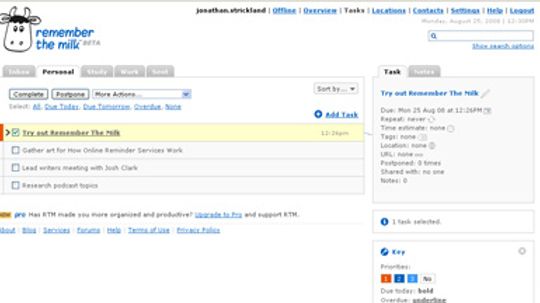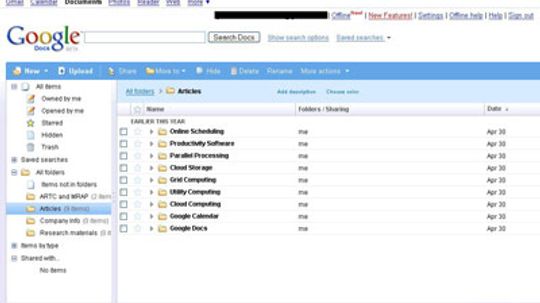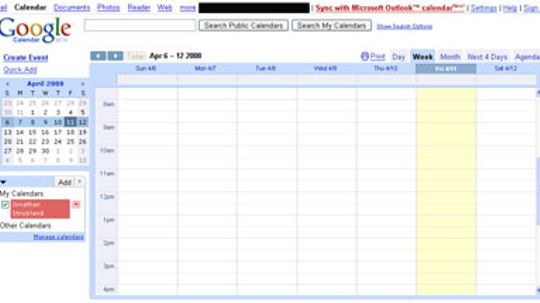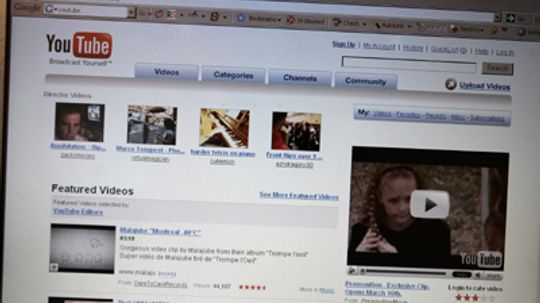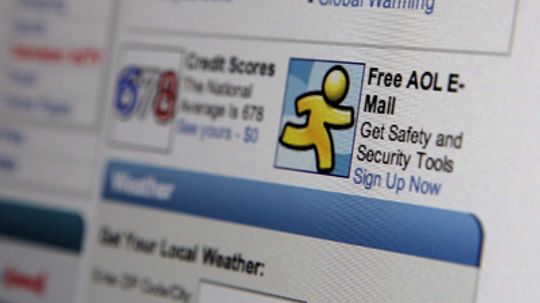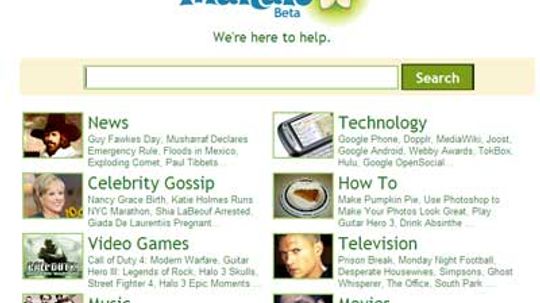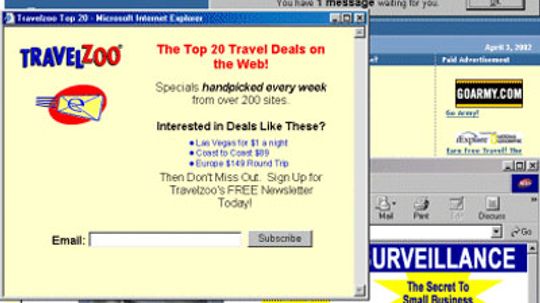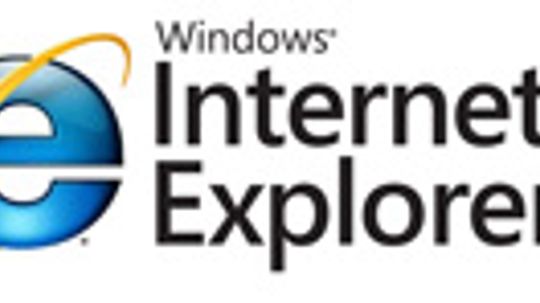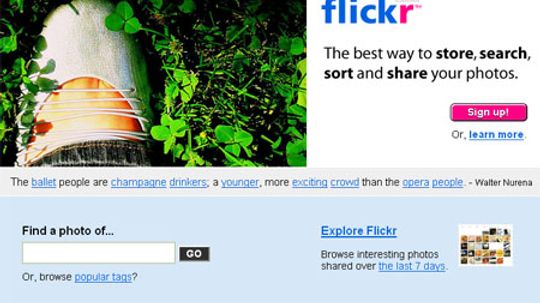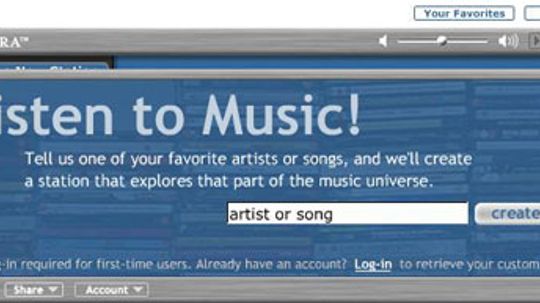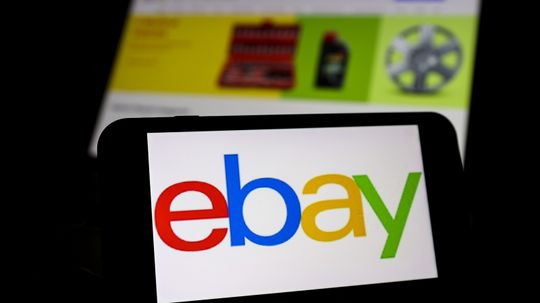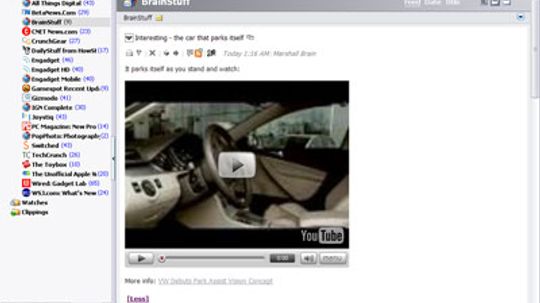Internet Basics
In Internet Basics, learn about the basic components of the World Wide Web and common tools that can make or break your Internet experience: search engines, Web browsers, RSS, spam and more.
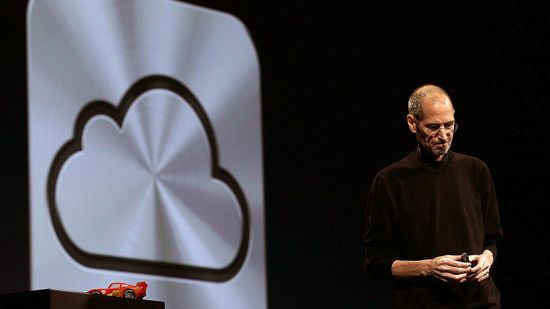
The Truth About Cloud Storage and Its Future

5 Ways to Keep Your Information Secure in the Cloud

Are my files really safe if I store them in the cloud?

Can the Internet Break From Overuse?

Could an Attack on Undersea Cables Take Down the Internet?

Constellations of Internet Satellites Will Beam Broadband Everywhere

How to Recall an Email in Outlook or Gmail

What Does CC Mean in Email?

How to End an E-Mail: 21 Professional and Personal Sign-Offs

Looking for a Search Engine That Donates to Charity? Here Are 10
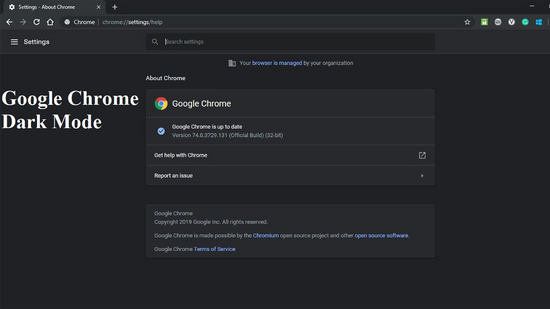
How to Enable Google Chrome Dark Mode on All Your Devices

How Websites Use 'Dark Patterns' to Trick You Online

Should You Use Facebook or Google to Log In to Other Sites?
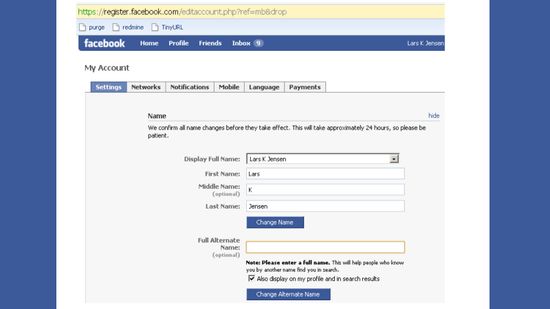
How to Change Your Name on Facebook

How to Deactivate Facebook
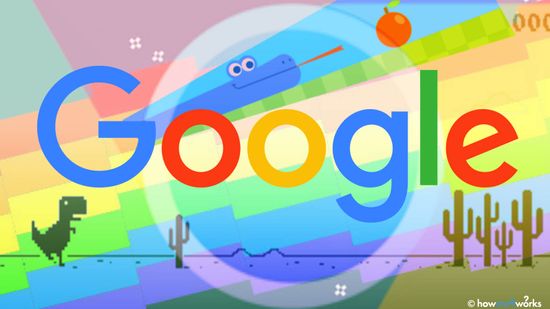
Google Easter Eggs: Sweet Treats Hidden in Plain Sight

10 Reasons Why You Should Care About Net Neutrality

WiFi Extender vs. Booster: What's the Best Choice for You?

Does Weather Mess With Your Internet Connection?

Why Does My WiFi Keep Disconnecting? 6 Easy Fixes
Learn More / Page 2
Do you wallpaper your home or office with sticky notes? Perhaps an online reminder service would help you remember things and save paper, too.
Google is the undisputed leader in searching the Web, but the company doesn't like resting on its laurels. What other products does the Internet behemoth offer?
Many people assume that the World Wide Web and the Internet are one and the same. But despite its size, the Web contains only a small fraction of the content on the Internet.
Advertisement
Google Docs lets you work on word processing, spreadsheets and presentations from any Internet-enabled computer. Are you ready to toss your productivity software?
Google wants to organize all the information on the Internet, but to store that data, the company created its own computer file system.
Paper planners are portable and reliable but inflexible. And if you leave yours on your desk at home, you're out of luck when you get to work.
The evolution of dance, a laughing baby, Filipino inmates performing Michael Jackson's "Thriller" video: This is what we watch on YouTube. How did it get there?
By John Fuller
Advertisement
The Internet is a giant system made up of smaller systems. If it's one thing, does it have one owner? Is there some person or entity that controls it?
Video sharing is one of the fastest growing mediums on the web. Learn more about video sharing in this article.
By Dave Roos
AOL Mail is a free Web-based e-mail service available from America Online. Learn more about AOL Mail and related topics in this article.
The Internet is an integral part of our daily lives. How did we function before online shopping and bill pay? And what does the satellite Sputnik have to do with how the internet started?
Advertisement
Mahalo is a new search engine that aims to give users a hassle-free experience. By relying on real, live people instead of complex algorithms, Mahalo produces relevant search results.
Obsessively checking e-mail. Playing online games for 12 hours or more at a time. Placing more value on chat-room friends than real ones. Just what is computer addiction, and why do some doctors disagree over whether it exists at all?
Online maps are great for people who get lost easily, and they're just plain fun for figuring out where stuff is. But Google Earth is no ordinary map.
It's happened to almost all of us at some point in our Web surfing experience -- you're visiting a new site when all of a sudden your screen begins to fill with boxes advertising goods and services. Enter the pop-up blocker.
Advertisement
Someone at the CIA is editing Wikipedia entries about lightsabers. How do we know? The Wikipedia Scanner. Virgil Griffith created the WikiScanner to catch politicians, corporations and government agencies in the act of trying to change their Wikipedia entries anonymously.
Podcasting may be the ultimate democratization of radio. Anyone with an Internet connection and some inexpensive audio equipment can produce their own podcast and make it available online.
Five years after the debut of IE6, Microsoft released the first truly upgraded version of its Web browser. Take a look at what made it such a dramatic improvement.
By Julia Layton
Online photo-sharing sites let you upload and share your digital photos with anyone you choose. There are quite a few sites you can use, but check out an example in this article.
Advertisement
Pandora Radio is different from other Internet radio sites. Instead of relying on genre, user connections or ratings, it uses a Music Genome. What is this Music Genome and how does it know what songs you like best?
By Julia Layton
Where can a person get $28,000 for a partially eaten grilled cheese sandwich that may or may not contain the image of the Virgin Mary? On eBay, of course. Find out all about the largest auction site in the world.
By Julia Layton
The basic idea behind any wiki is very simple: It's a collection of articles that multiple users can add to and edit freely on-line. Learn all about wikis and the communities that keep them alive.
Now almost anyone can be a disc jockey, talk show host or recording artist, thanks to podcasting. Find out what a podcast is, plus how to listen to and make one.
Advertisement
In June 2008, the Mozilla Foundation released the third version of its popular Firefox Web browsing software. Why has it been eating away at Internet Explorer's market share?
Short for Really Simple Syndication, RSS is a way to subscribe to a source of information, such as a Web site, and get brief updates delivered to you. So what should you subscribe to, and what happens next?
